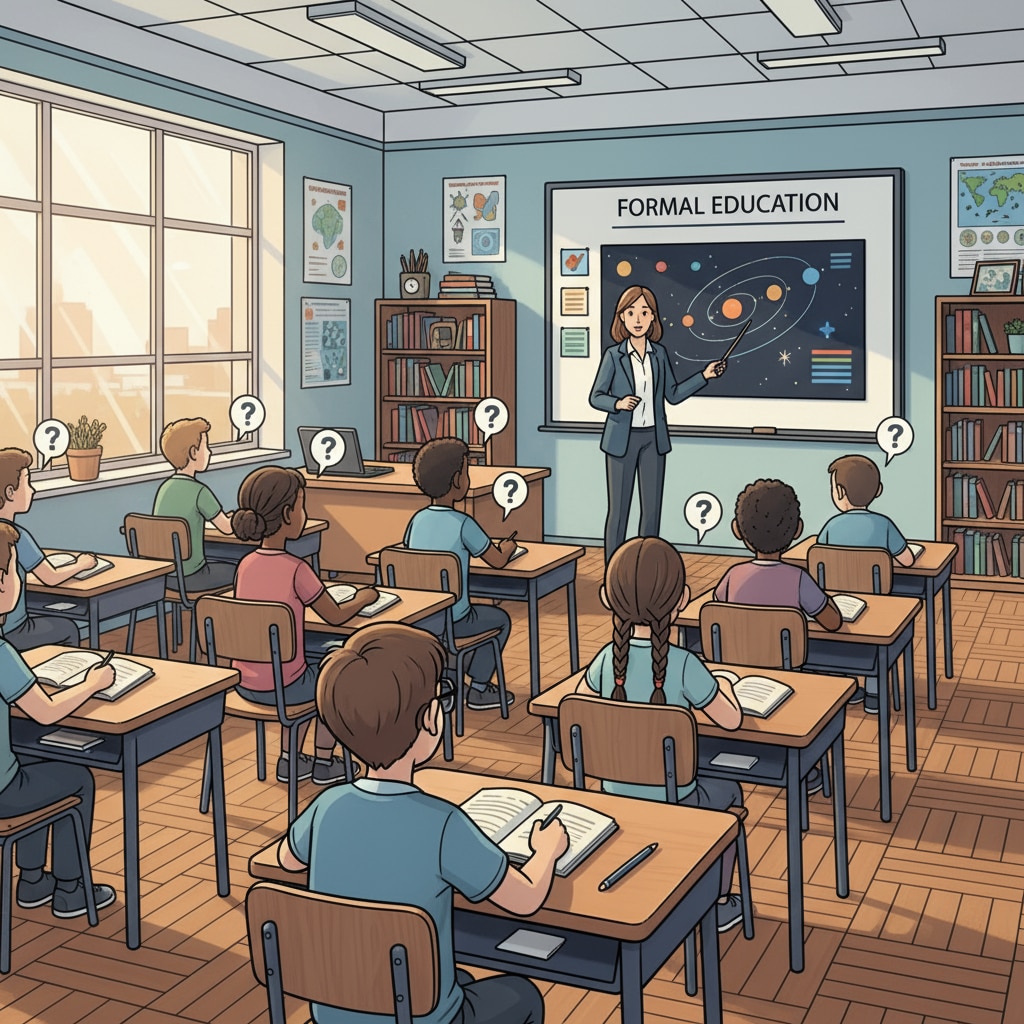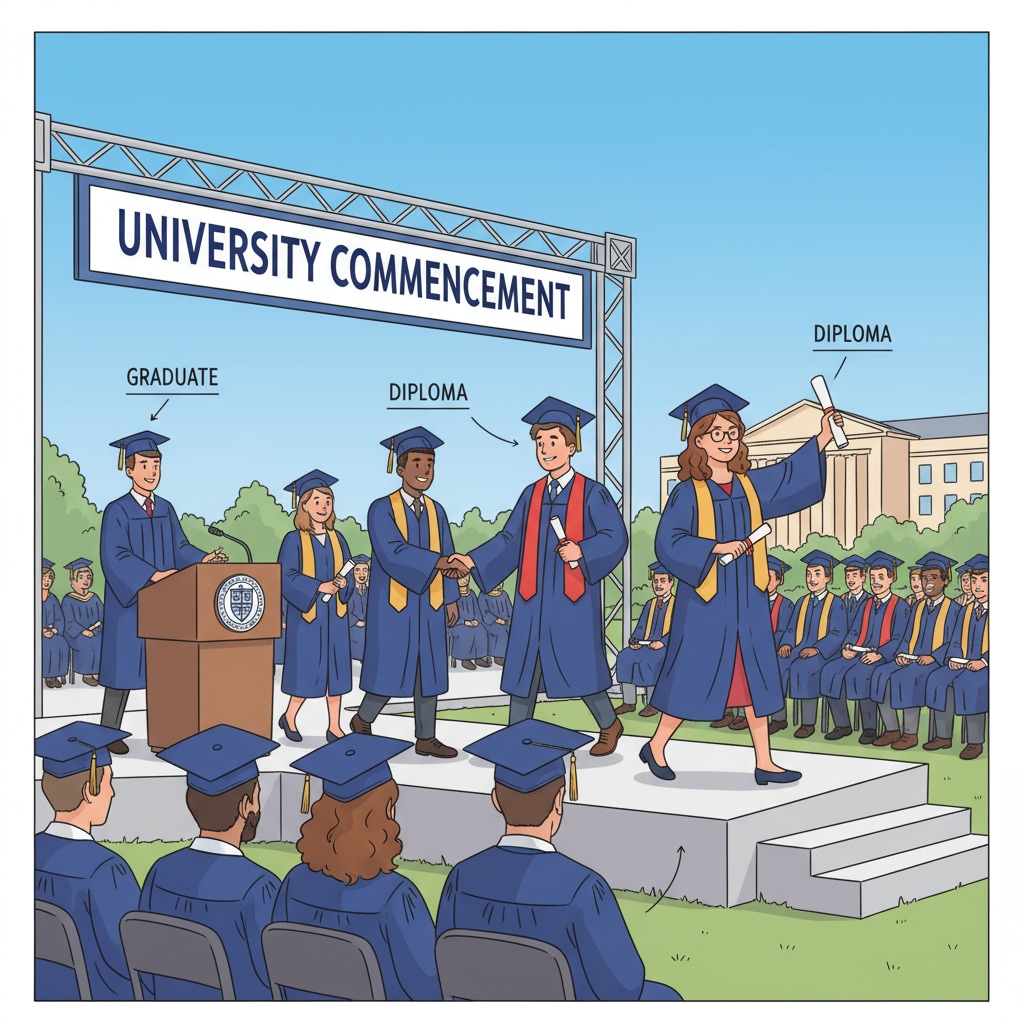In today’s rapidly evolving world, the concepts of lifelong learning, formal education, and cultural awareness have taken center stage. While formal education, especially K12, provides a structured foundation, lifelong learning broadens horizons and enriches our understanding of the world.

The Foundation of Formal Education
Formal education, as we know it, is the cornerstone of our early development. It follows a set curriculum, teaching fundamental skills such as reading, writing, and arithmetic. For example, in most countries, K12 education is mandatory, ensuring that every child receives a basic level of education. According to Wikipedia’s entry on formal education, formal education is often provided by trained teachers in a classroom setting. This environment offers a sense of discipline and routine that is crucial for young minds to develop good study habits. However, traditional formal education also has its limitations.

The Limitations of Traditional Formal Education
One of the main drawbacks of traditional formal education is its standardized approach. It often focuses on rote memorization and exam performance rather than fostering critical thinking and creativity. As a result, students may struggle to apply their knowledge in real-world situations. Additionally, the curriculum may not always keep pace with the rapid changes in society and technology. For instance, new fields like artificial intelligence and digital marketing are only recently being incorporated into the curriculum. This lag can leave students ill-prepared for the modern job market. In contrast, lifelong learning offers a solution to these limitations.
The Power of Lifelong Learning
Lifelong learning is the process of continuous learning throughout one’s life. It is not restricted to a specific age or place. People can engage in lifelong learning through various means, such as online courses, workshops, or reading books. Lifelong learning allows individuals to stay relevant in a changing world, pursue their interests, and develop new skills. According to Britannica’s definition of lifelong learning, it encompasses all forms of learning that occur outside of the formal educational system. It encourages self-directed learning and exploration, which can lead to personal growth and professional development.
Cultural Awareness in Education
Cultural awareness is an essential aspect of both formal education and lifelong learning. In formal education, efforts are being made to incorporate diverse cultural perspectives into the curriculum. This helps students develop a more inclusive worldview and understand different cultures. Lifelong learning also plays a crucial role in enhancing cultural awareness. Through traveling, interacting with people from different backgrounds, or studying cultural history, individuals can gain a deeper appreciation for cultural diversity. Cultural awareness enriches our learning experience and promotes better understanding among people.
In conclusion, while formal education provides a necessary foundation, lifelong learning is essential for personal and professional growth in the modern era. By integrating cultural awareness into both formal education and lifelong learning, we can create a more informed and inclusive society. Lifelong learning, formal education, and cultural awareness are intertwined, each contributing to our overall development and understanding of the world.
Readability guidance: This article uses short paragraphs and lists to summarize key points. Each H2 section provides a clear focus. The proportion of passive voice and long sentences is controlled, and transition words are used throughout to enhance readability.


